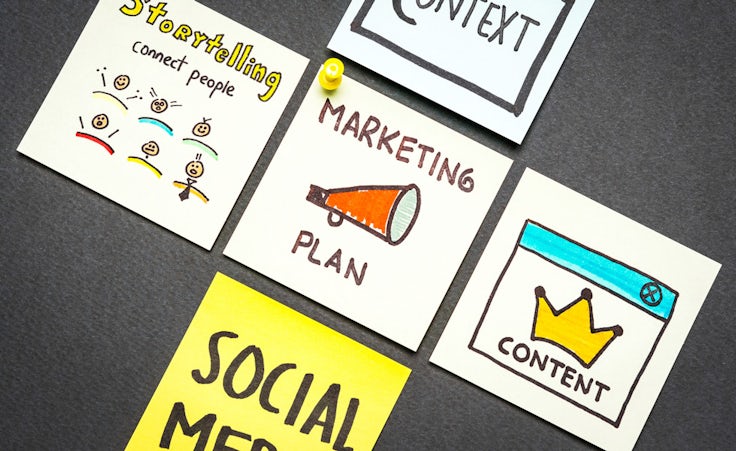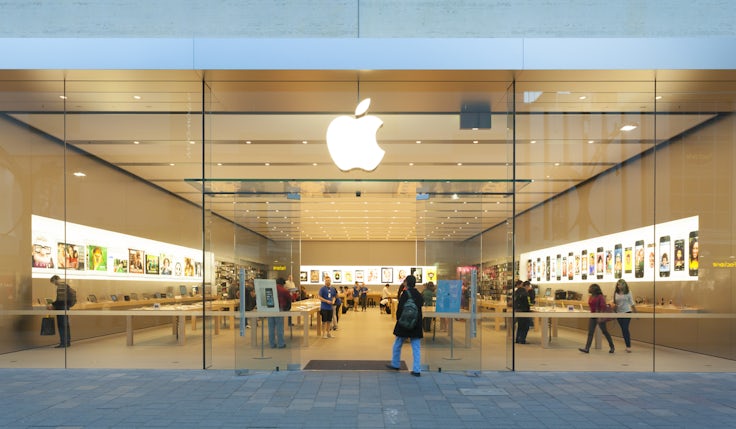Pokémon Go is ‘not just a fad’, data shows
More than 85% of people that downloaded the augmented reality game are still playing it, offering big opportunities for brands popular among players including Kinder chocolate, Odeon cinemas and Domino’s Pizza.

Pokémon Go has been downloaded by 6.1 million adults and is still being played by 87% of those, suggesting the first popular augmented reality game “is not just a flash in the pan”.
Developed by Niantic Studios, which licenses Pokémon from Nintendo, the augmented reality game involves players walking around the real world to capture virtual Pokemon via smartphones and then pit them in fights against other players. And new data from YouGov shows just how popular it has become.
The research, based on more than 25,000 interviews, found that 13% of the adult population has downloaded and installed the game since its release in the UK on 14 July. And 5.3 million of those have played it within the past week.

That “love affair” is not unique to the British, with 34.3 million Americans having downloaded the app and 30.8 million playing it in the past week.
The demographics of those playing are also not as young as some might think. While it is most popular among those aged 18-34, 33% of British players are aged over 35.
Stephen Harmston, head of YouGov Reports, says: “Our data makes it clear that not only have a lot of people downloaded the game and the vast majority are still playing it, but also that the brand opportunities for this particular game and similar games in the future are vast.
“It is a mistake to think that [Pokémon Go] is just a fad for young people.”
Stephen Harmston, YouGov
“A lot of players are over 35 and this represents a completely different marketing proposition to brands wanting to partner with this type of augmented reality app.”
The brand opportunity
Brands have been quick to jump on the Pokémon Go bandwagon. In Japan, McDonald’s paid to turn its restaurants into ‘PokéGyms’ and ‘Pokéstops’, areas of the game where players congregate. Speaking on a recent press call, McDonald’s CEO Steve Easterbrook said he is “very pleased” with the sales boost the brand has seen from the tie-up.
READ MORE: Why Pokémon Go is a game changer for augmented reality and marketers
But the YouGov survey suggests there are opportunities for further brand tie-ups. Its research found that Pokémon Go players are more likely to be customers of brands including Kinder chocolate, Odeon cinemas, Primark and Capri Sun.

Harmston suggests Kinder could get involved by linking Pokémon to the gift in the brand’s egg while “canny” cinema chains could also boost their profiles and increase footfall with a marketing tie-up. However, he warns that brands will need to be innovative if they want to cut through with players.
The data highlights that players are more likely than the rest of the population to consider themselves as ‘musical’, to favour newness and think that standing out and looking good are important. But they are also more likely to be unambitious, easily distracted and to think they are underachievers.
“The people playing this game can be easily bored, meaning that developers will need to innovate and push out new features if they are to keep up interest levels,” he explains.
In the long term, there could also be opportunities for brands to generate revenues from augmented reality apps. YouGov found that 16% of British players have spent money on in-app purchases, with just a slim minority making the smallest possible payment (of 79p). Most have paid between 80p and £14.99, while around 250,000 players have paid in excess of £15 – equal to more than £7m in total.
“Brands including the likes of Harry Potter and Game of Thrones must now be eyeing ways to make the most of the opportunities that augmented reality gaming offers. Not only does Pokémon Go show that consumers are prepared to make a giant leap and start making significant in-app purchases in an augmented reality app, but it can also help build an intense engagement with a brand,” adds Harmston.







